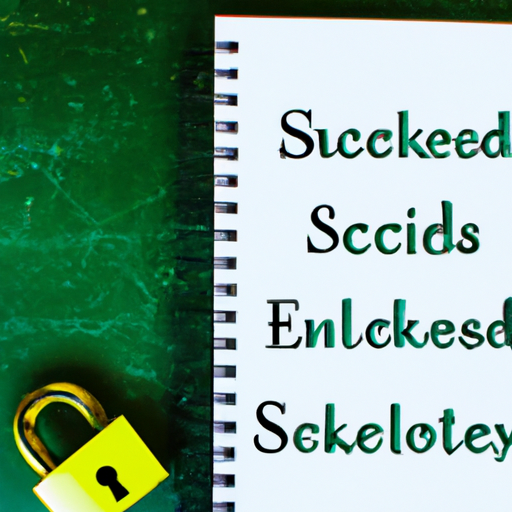Introduction to Student Productivity
Student life is a whirlwind of assignments, deadlines, and extracurricular activities. The key to thriving amidst these challenges lies in mastering productivity. In this comprehensive student productivity guide, we’ll explore actionable strategies, essential tools, and proven techniques to help you achieve more in less time. Whether you’re in high school, college, or university, these productivity hacks will empower you to maximize your academic performance and maintain a healthy study-life balance.
Table of Contents
- Why Student Productivity Matters
- Top Study Habits for Success
- Time Management Techniques
- Essential Productivity Tools for Students
- Overcoming Procrastination
- Maintaining Healthy Routines
- Conclusion
Why Student Productivity Matters
Productivity is more than just getting things done; it’s about working smarter, not harder. For students, being productive means:
- Completing assignments ahead of deadlines
- Retaining more information during study sessions
- Reducing stress and anxiety
- Having more free time for hobbies and relaxation
By optimizing your daily routines and study environment, you can create a path to academic excellence and personal growth.
Top Study Habits for Academic Success
Establishing effective study habits is fundamental for students aiming for high grades and deep learning. Here are the most impactful habits to develop:
1. Set Clear Goals
Define what you want to achieve each week. Break down large tasks into manageable milestones and celebrate small victories.
2. Create a Distraction-Free Environment
Find a quiet study spot, silence your phone, and organize your workspace. A tidy environment boosts focus and minimizes procrastination triggers.
3. Practice Active Learning
Engage with material by summarizing notes, teaching concepts to others, or creating mind maps. Active learning improves retention and comprehension.
4. Use the Pomodoro Technique
Study in 25-minute intervals with 5-minute breaks. This method keeps your mind fresh and prevents burnout.
Time Management Techniques Every Student Should Know
Effective time management is a cornerstone of academic productivity. Here are some proven techniques:
- Prioritize Tasks: Use the Eisenhower Matrix to distinguish between urgent and important tasks.
- Plan Ahead: Use a planner or digital calendar to schedule assignments, exams, and study sessions.
- Batch Similar Tasks: Group related activities together to maintain focus and efficiency.
- Set Realistic Deadlines: Avoid unnecessary pressure by allowing enough time for each task.
Mastering these time management skills will help you stay organized and consistently meet your academic goals.
Essential Productivity Tools for Students
Leverage technology to streamline your study routines and keep track of your progress. Here are some must-have tools:
- Note-Taking Apps: Organize class notes with apps like OneNote or Notion.
- Task Managers: Keep track of deadlines with digital to-do lists.
- Time Tracking Apps: Monitor how you spend your study hours.
- Focus Apps: Block distractions from social media and maintain concentration during study periods.
Experiment with different tools to find what best supports your unique learning style and productivity needs.
Overcoming Procrastination: Tips for Students
Procrastination is a common challenge for students. Fortunately, there are effective ways to overcome it:
- Break Tasks Into Smaller Steps: Large projects can feel overwhelming. Divide them into actionable chunks.
- Set Specific Deadlines: Even for minor tasks, establish when you’ll complete them.
- Reward Yourself: Celebrate achievements, no matter how small, to reinforce positive habits.
- Accountability Partners: Study with friends or join study groups to stay motivated.
The sooner you identify your procrastination triggers, the faster you can implement solutions and boost your academic productivity.
Maintaining Healthy Routines for Peak Performance
Productivity isn’t just about studying harder—it’s also about taking care of your mind and body. Here’s how to nurture your well-being:
- Get Enough Sleep: Aim for 7-9 hours per night to improve memory, concentration, and mood.
- Eat Nutritious Meals: Fuel your brain with a balanced diet rich in fruits, vegetables, and whole grains.
- Exercise Regularly: Even short walks can boost energy and clarity.
- Practice Mindfulness: Techniques like meditation or deep breathing reduce stress and enhance focus.
A healthy lifestyle is the foundation of sustained productivity and academic success.
Conclusion: Your Path to Academic Excellence
By implementing the strategies in this student productivity guide, you’ll transform your study habits, manage your time efficiently, and foster a positive mindset. Remember, productivity is a journey—commit to continuous improvement, and you’ll unlock your full academic potential. Start today, and watch your confidence and performance soar!

